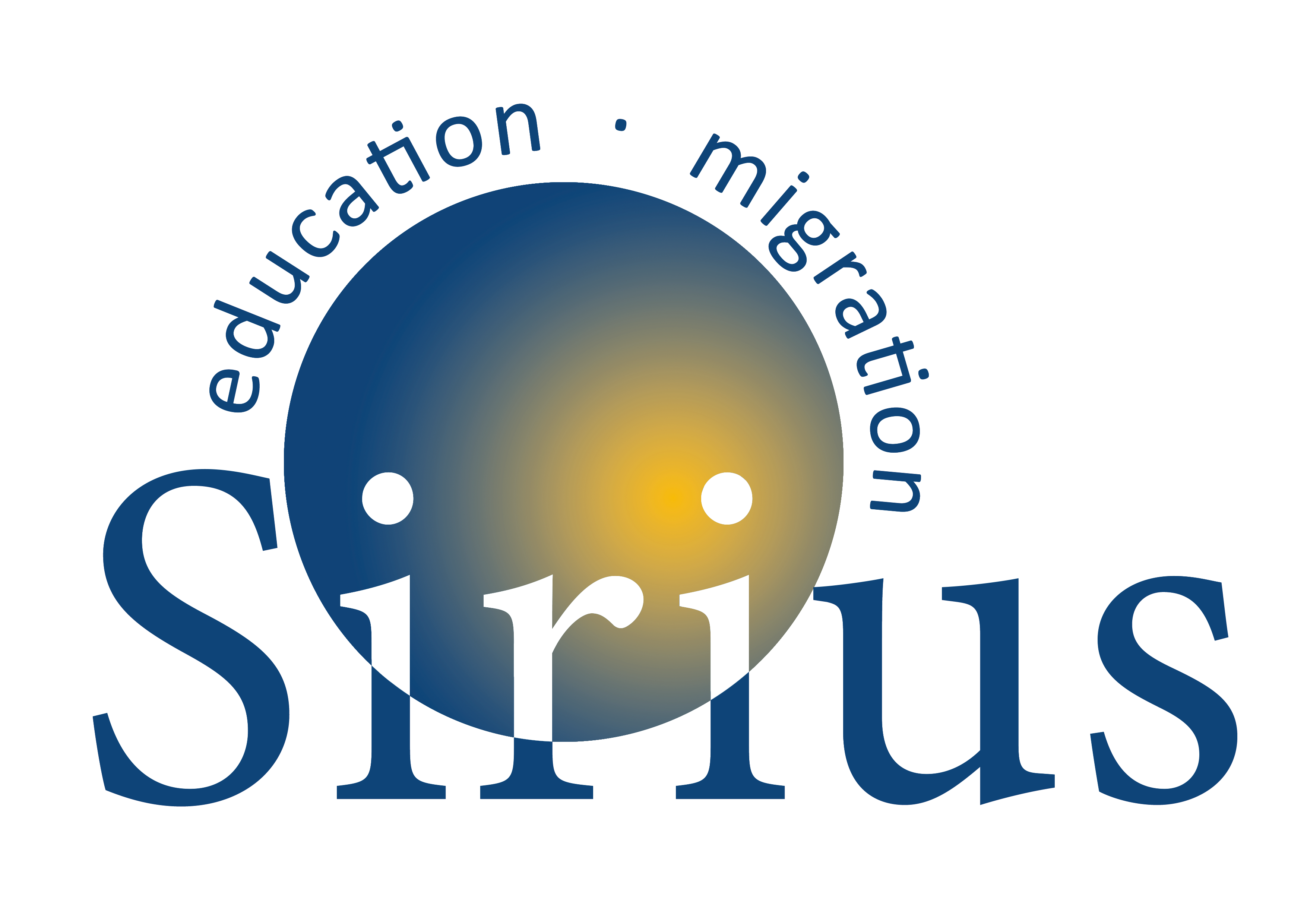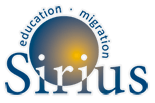The key thematic areas addressed by the National Round Table (NRT) in Croatia were the inclusion of refugees/asylum seekers/migrant background children in the educational system, the organization of preparatory and additional classes and the support to refugees/asylum seekers/migrant children as well as the existing school practices and the role of local organisations in supporting schools, teachers and refugees/asylum seekers and migrant children and their families.
Croatia does not have a large number of asylum seekers and refugees. A total of 650 persons with an approved asylum status were registered in October 2018. It is worth noting that, according to the available data, almost 80% of requests for asylum are declined in the country.
The newly published study “Challenges for Integration of Refugees/Asylum seekers into Croatian Society: Attitudes of Citizens and Preparedness of Local Communities” (Ajduković et al., 2019) has shown that local communities mostly consider the Ministry of Science and Education being responsible for organizing language courses and have expressed concerns about the duration of the courses considered to be too short and have demanded more clarity about their funding status. The study also points that language courses are not sufficiently equipped with personnel and logistical capacities to run effectively. Course are offered either in a formalized way or through a volunteering. With regard to the inclusiveness of the education system, most stakeholders identify the slow administration procedures and the lack of qualified teachers as key gaps to address asylum seekers or refugee children’s needs. This sums up to the lack of personal documents and the unregulated recognition of certificates and prior learning. The lack of translators and teaching assistants in the coastal and central regions of the country remain a central issue.


